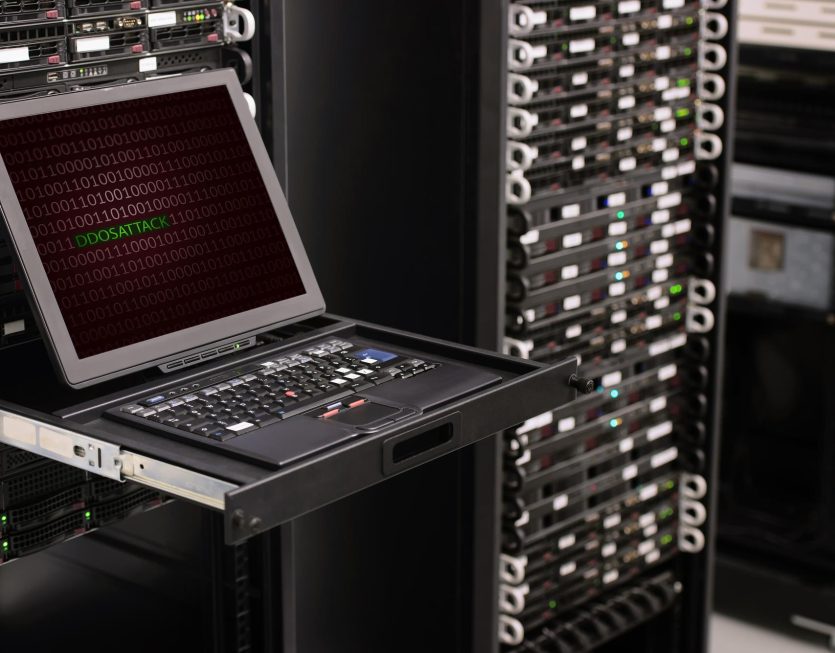Enterprise Server Solutions
As corporations face increasing pressures to manage vast amounts of data and ensure uninterrupted service, the significance of sophisticated enterprise server infrastructure becomes more pronounced. Modern businesses rely heavily on these robust systems to streamline operations, secure data, and enhance overall performance. Essential to these systems are server-grade processors, storage drives, and networking equipment, specifically designed to deliver high reliability and performance to meet enterprise-level demands.
Powerful server-grade CPUs are at the heart of this infrastructure, enabling efficient handling of large data volumes and complex computing tasks. These processors ensure that enterprise operations run seamlessly, supporting a wide range of applications from databases and customer relationship management (CRM) systems to complex analytics and virtualized environments.
Storage solutions also play a critical role, with technologies such as Solid-State Drives (SSDs) and Hard Disk Drives (HDDs) providing high capacity and reliability. Often set up in redundant arrays, these storage drives are fundamental for data integrity, facilitating high data availability and robust disaster recovery strategies.
Networking is crucial, connecting servers within the infrastructure and to the external world. High-speed networking equipment like switches, routers, and adapters ensures smooth and rapid data flow, which is essential for maintaining the high performance and reliability required in interconnected enterprise environments.
Virtualization technology enhances these capabilities by allowing multiple virtual servers to run on a single physical server, which improves scalability and resource utilization. This not only reduces costs but also increases the flexibility of the server environments, simplifying management tasks and enhancing system security through isolated environments.
Security measures are paramount within server infrastructures, with enterprises deploying technologies ranging from firewalls and intrusion detection systems to advanced encryption methods. These measures protect sensitive data from external threats and ensure compliance with regulatory standards.
The design of enterprise server infrastructure inherently prioritizes scalability and flexibility, allowing businesses to expand their server capacity and capabilities seamlessly as their needs evolve. Modular hardware components, scalable storage solutions, and cloud integration features enable quick adaptation to changing market conditions or business opportunities.
In conclusion, the deployment of server-grade processors, advanced storage drives, and sophisticated networking equipment is critical to the architecture of modern enterprise server infrastructure. This setup supports the operational needs of businesses today while providing a foundation for future growth and innovation, ensuring that enterprises can meet the evolving challenges of the digital era effectively.

